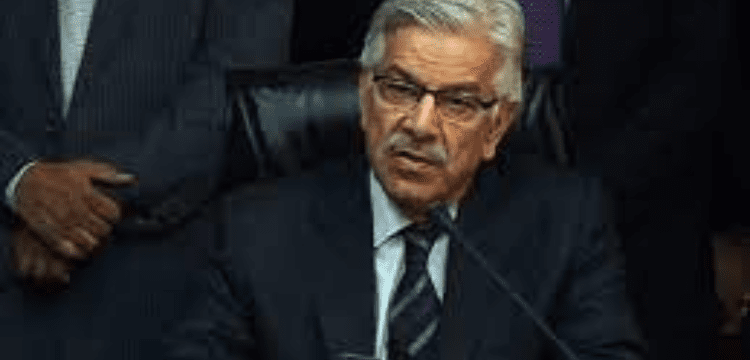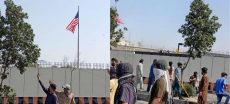[vc_row][vc_column][vc_column_text dp_text_size=”size-4″]On Tuesday, Defence Minister Khawaja Asif urged cooperation in the battle against terrorism and said Pakistan needed to “put its house in order.” A day after a suicide bombing at a mosque in Peshawar left 100 people dead and hundreds injured, he voiced his opinions while speaking on the National Assembly floor.
The minister began his statement by stating that from 2010 to 2017, a fight was waged against terrorism. “This battle began in Swat during the PPP’s administration and ended during the PML-prior N’s administration, after which peace was restored throughout the nation from Karachi to Swat.
But if you recall, two years ago or a year and a half ago, we were briefed twice or three times in this same hall, and it was made very clear that discussions could be held against these people to bring them toward peace. Asif claimed that although several viewpoints had emerged on the subject, no “conclusive conclusion” had been made.
But hundreds of people who had lost their jobs as a result of the Afghan War settled in Pakistan at this time. He claimed that when Swat residents protested against the resettlers, the first evidence of this came to light.
He pointed out that the Wana people had also protested and shown similar feelings. “I am bringing up these occurrences because of the catastrophe that happened yesterday […] the terrorist set himself off while standing in the front during Zuhr prayers.”
Asif claimed that the prime minister and the army chief were briefed on the attack during their visit to Peshawar yesterday. But this tragedy calls for the same resolve and cooperation that were shown in 2011–2012. “I won’t go on for too long, but I’ll just quickly mention that we planted the seeds for terrorism at the beginning.”
He claimed that Pakistan provided its services to the United States “on rent” when Russia attacked Afghanistan. The deal with the US lasted for eight to nine years after which the US returned to Washington to celebrate the defeat of Russia. At the time, the ruler was General Zia.
[/vc_column_text][/vc_column][/vc_row]











